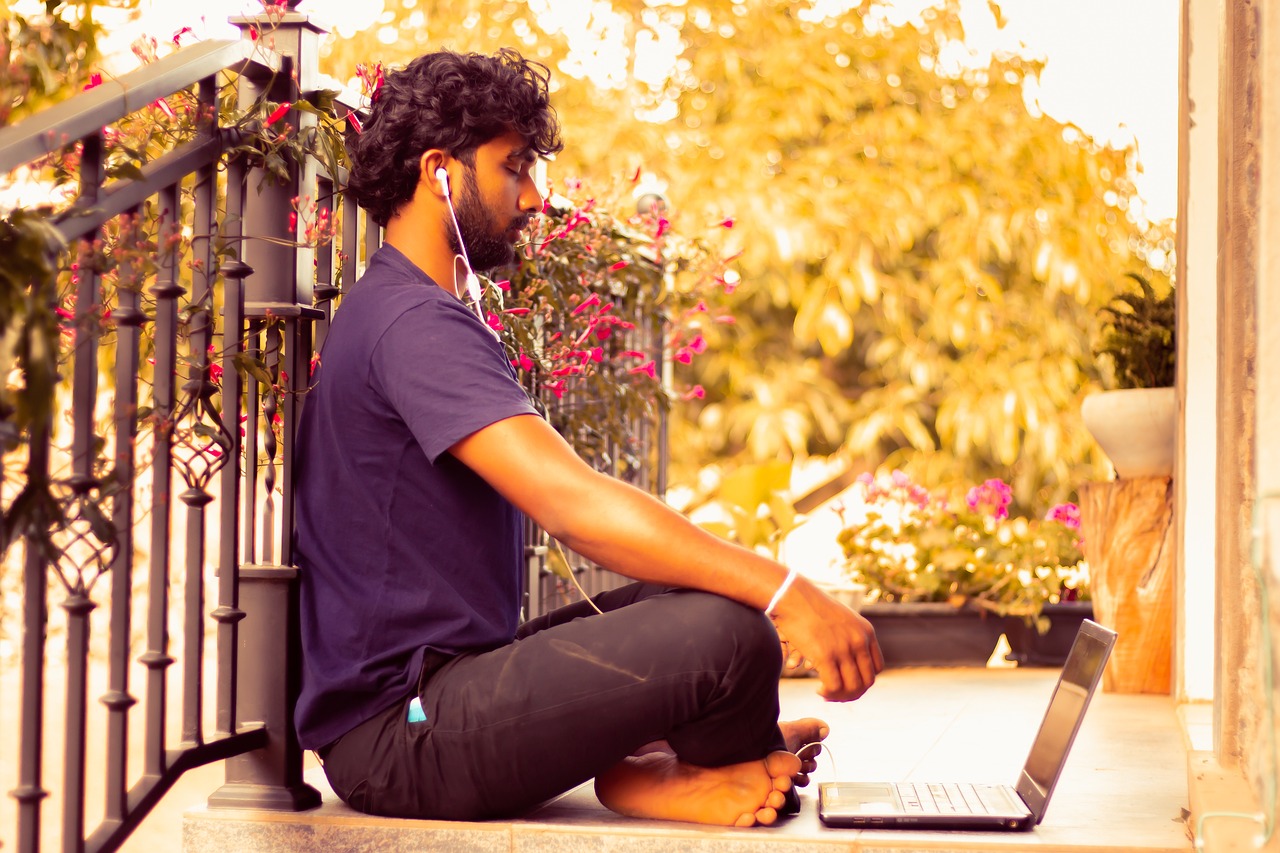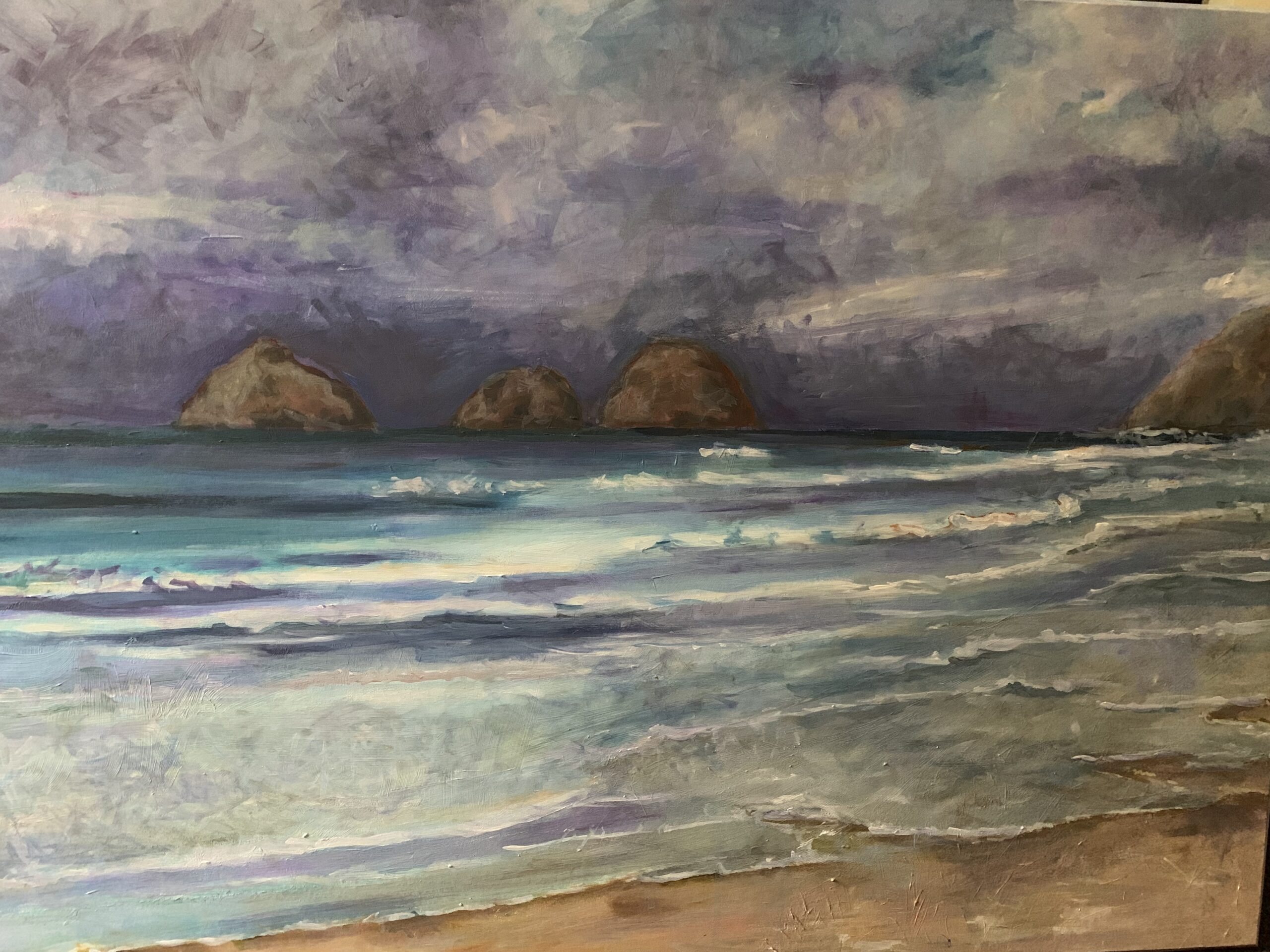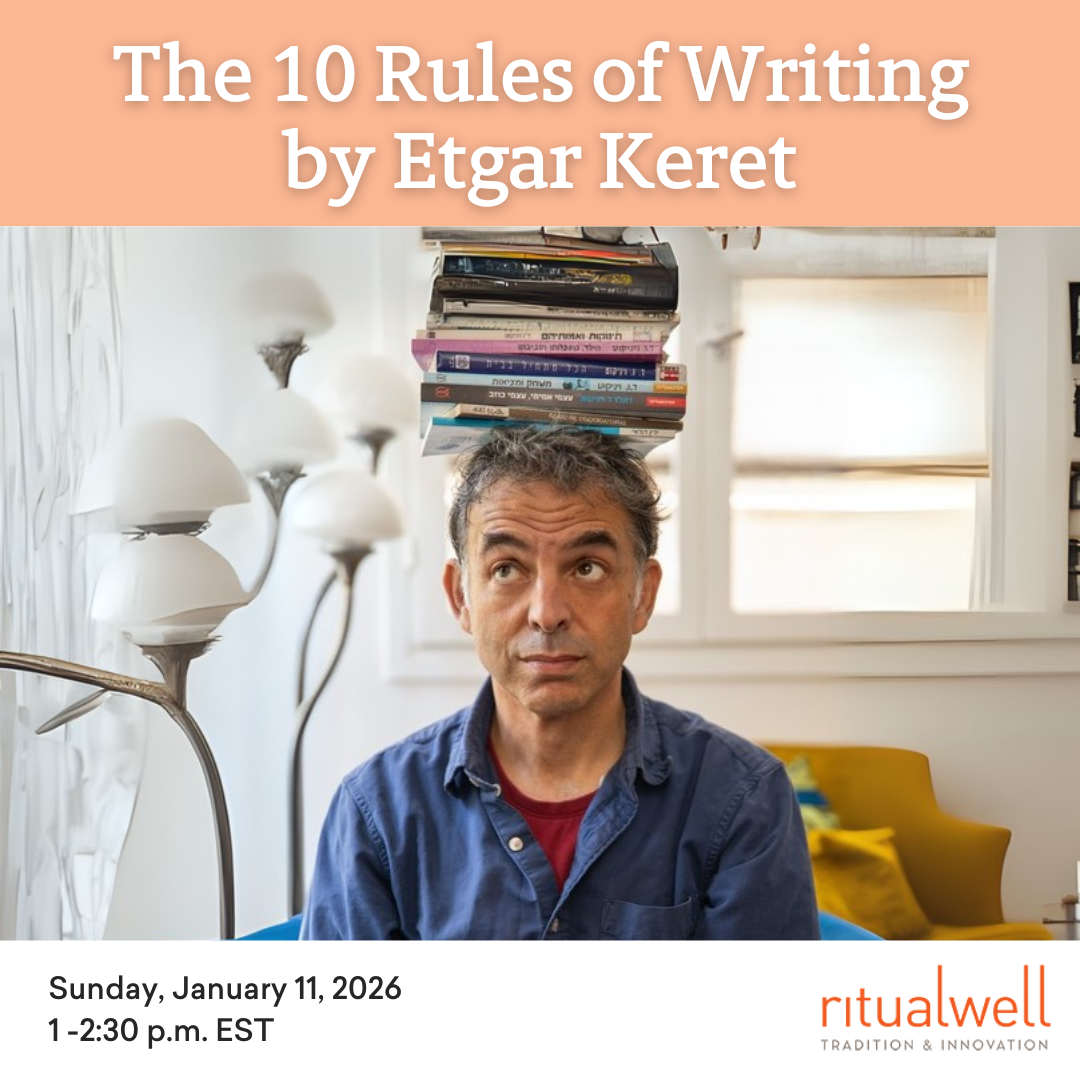I created this set of kavannot statements and questions to accompany a close friend’s performance of Kol Nidrei. The pieces are meant to support thinking about the themes of that night as I see them. As a student of Zen Buddhism, it’s easy to feel the similarities between a Zen koan and the text of Kol Nidrei, both of which rely on contradictory or self-negating statements. Writing this piece has helped me appreciate a whole new dimension of the liturgy and the relationship between Judaism and other spiritual practices.
To be read before Kol Nidrei, either to oneself or aloud to the audience
- In the beginning there was everything. Then, that everything contracted so that there was space for something else. Emptiness was the first creation. What does it feel like to be empty?
- All torah is an imperfect human effort to understand and house this divine emptiness which was revealed to us at Sinai. What is the benefit of this effort and what are its disadvantages?
- Our prayer, the Shema, begins with the injunction to listen. In order to truly listen, we have to create space within ourselves, releasing our own toxic narratives about the world. What stories are living in you that block your listening?
- Only an act performed without desire for blessing or fear of punishment can be considered a mitzvah. When was the last time you acted in this way?
- On Yom Kippur, Kol Nidrei proclaims of our vows: “All of them are undone, abandoned, canceled, null and void, not in force, and not in effect. Our vows are no longer vows, and our prohibitions are no longer prohibitions, and our oaths are no longer oaths.” What is the role of negation in the journey toward holiness?












